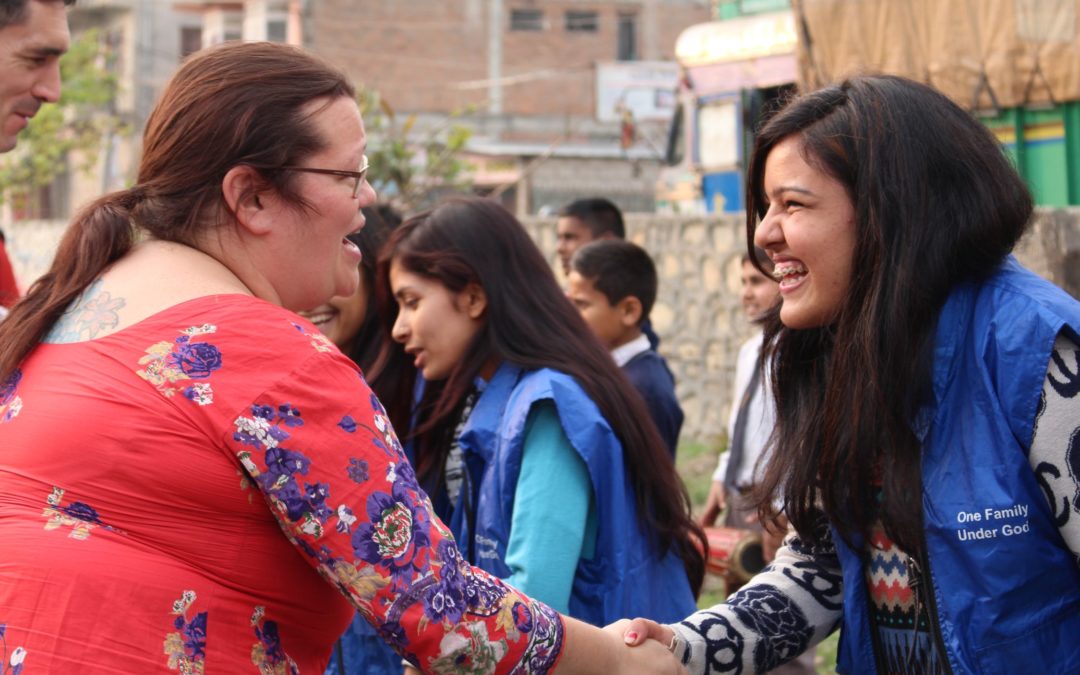Religion. The word inspires a variety of reactions.
For some, it invokes concern, maybe even anger over divisive doctrines that promote extremism and a narrow frame of mind.
But to many, religion is not so much a concept but a life-sacred space.
It is a space to learn, to teach, to mourn, to rejoice, to repent, to forgive, to begin life and to end life …
It is also the space to practice living out values such as compassion, sacrifice, and service.
 Whether we associate ourselves with one view or the other, we can recognize that we are more than merely physical beings. Our spiritual nature is clearly visible in our pursuit of culture, arts and humanities, and yes, in our spiritual traditions and religions.
Whether we associate ourselves with one view or the other, we can recognize that we are more than merely physical beings. Our spiritual nature is clearly visible in our pursuit of culture, arts and humanities, and yes, in our spiritual traditions and religions.
All human beings have an innate, spiritual essence. This is true whether or not we hold any religious affiliation. Even our modern notions of human rights and freedoms are rooted in a fundamentally spiritual understanding of humanity.
We are more than robots that respond to inputs to produce outputs.
So, fundamental problems of our world cannot be solved by politics, diplomacy, economics, or science alone.
In short, we need more than carrots and sticks.
Political authority cannot mandate, nor can money buy, the virtues needed to resolve conflicts and build prosperous and ethical societies.
Qualities such as compassion, forgiveness, respect, responsibility, integrity and, most of all, living for the sake of others, must be genuinely motivated by the heart and the human spirit.
To find working and sustainable solutions, we need to include the spiritual dimension of our nature.
This will take a new inclusive perspective that enables people to live and work beyond sectarian lines.
A new framework should be rooted in universal spiritual aspirations, principles and values.
On this shared platform religions and spiritual traditions can actively contribute to peace and prosperity.
From there, we can start building sustainable peace.

